"Civilization" and "culture" are typical big words.
As soon as you encounter such a big word, various interpretations emerge one after another. It is said that there are thousands of definitions of culture and civilization!
Obviously, experts often fight for this kind of word, and they insist on their own words, and no one can convince the other.
In fact, there is no need to make it so complicated, and it is not so complicated.
This article is to use human words to clarify these two concepts.
Answer a few questions first
1. Please describe what is culture in one sentence.
2. Please describe in one sentence what is civilization.
3. What is the difference between culture and civilization?
4. What is the relationship between culture and personality?
If you have confident answers to the above questions, you don't need to read them below.
Answers to this article
1. Culture is the concept, practice and creation of some people about life and things.
2. Civilization is a culture worthy of praise, generally used in large areas.
3. There is no big difference between culture and civilization. Civilization is a good culture, a big culture.
4. Culture is collective personality, and personality is individual culture.
If you fully understand the above four sentences, you don't need to read the following.
Look at the words of the tall
Let's just look at some definitions, it's hard to say which one is more accurate or better, just look at it.
Since these claims are so diverse and inconsistent, I will not cite sources.
If you feel your head is big when you look at it, turn it over quickly, the human version is at the back.
In order to make it easier for everyone to turn over quickly, I use small fonts to display them. For the ones that impress me, I use blue fonts to identify them.
Culture, in a broad sense, refers to the sum of material wealth and spiritual wealth created by human beings in social and historical practice. In a narrow sense, it refers to the ideology of society and the corresponding institutions and organizations.
Civilization is the sum of the wealth created by human beings, such as material civilization, spiritual civilization, especially spiritual wealth, such as literature, art, education, and science. Civilization covers the relationship between man and man, man and society, man and nature.
Material civilization refers to the progress of human material life. It is mainly manifested in the progress of material production methods and science and technology, mainly refers to the development of agriculture, animal husbandry, handicraft production technology and the progress of natural scientific knowledge, which reflects people's ability to understand and transform the material world to a certain extent. The higher the material civilization, the farther human beings are away from the barbaric state, the less dependent they are on nature, and the stronger their ability to control nature.
Spiritual civilization refers to the sum of the spiritual achievements made by human beings in the process of transforming the objective world and the subjective world. Spiritual civilization is the progress of human wisdom and morality, including thought, morality and education, science, culture, etc.
Culture is the way of thinking, values, way of life, behavioral norms, art culture, science and technology, etc. of a country or nation that can be inherited and transmitted, which are condensed in and separated from material. A universally recognized ideology that can be passed on in the communication between the two countries is the sublimation of the perceptual knowledge and experience of the objective world.
Civilization, in essence, means the ability of people to live harmoniously in cities and social groups. By extension, it means an advanced state of social and cultural development, and the process of reaching this state, which involves a wide range of fields, including national consciousness, technical standards, etiquette norms, religious thoughts, customs, and the development of scientific knowledge, etc. .
Culture is the humanization of nature, society and even man himself. Its internal contradiction is the contradiction between the subject and the object. The process of resolving the contradiction between the subject and the object is the process of the emergence and development of natural science, social science and thinking science.
Civilization is the sum of the humanistic spirit, inventions and creations, and public order and good customs that are in line with human spiritual pursuit, and can be recognized and accepted by the vast majority of people.
Culture, including ideologies, spiritual products, ways of life, including world views, ways of thinking, religious beliefs, psychological characteristics, values, moral standards, cognitive abilities, and things that are material in form, but can be achieved through material forms. It is a materialized product of all spirits that reflects the differences and changes in people's ideas. In addition, culture also includes many factors such as people's clothing, food, housing and transportation, marriage, funeral, marriage, birth, old age, sickness and death, family life, and social life.
Civilization is the sum of humanistic spirits and inventions accumulated in human history that are conducive to understanding and adapting to the objective world, conforming to human spiritual pursuits, and can be recognized and accepted by the vast majority of people. Civilization is the collection of all social and natural behaviors that bring mankind out of barbarism, and these collections include at least the following elements: family, tools, language, writing, religion, city, country and country, etc.
Culture refers to the accumulation of knowledge or experience related to their own life in the process of development of organisms, so that they can adapt to nature or the surrounding environment. Outward manifestation of the subconscious mind.
Civilization generally refers to an advanced culture. If a certain stage of culture has used writing more widely, the humanities and natural sciences have taken initial shape, a city-centered state political power has emerged, and the political, economic and social systems have been established. If it is relatively complete, then a culture that has developed to this level can be called a civilization.
Culture is a complex totality, including knowledge, beliefs, art, morals, laws, customs, and all the abilities and habits that human beings have acquired in society.
Civilization is the progressive state and rational social system of human society. "Civilization" in a broad sense refers to the sum of the positive achievements of cultural development, a good way of life and spiritual fashion, indicating that material civilization, spiritual civilization and political civilization have reached a higher level. Civilization in the narrow sense refers to a rational social system as opposed to barbarism.
Culture is a very broad and most humanistic concept. In short, culture is the collective name for the living elements of human beings in the region: clothing, crown, culture, materials, food, housing, transportation, etc.
A civilization is any complex society characterized by urban development, social stratification, forms of government, and symbolic systems of communication (such as writing). It is an advanced state of social and cultural development, and the process of reaching this state. Civilizations are often closely associated with cities. The word civilization itself has the meaning of "urbanization" and "formation of cities". Due to the uneven distribution of various elements of civilization in time and region, various civilizations with obvious differences have been produced. Specifically, in modern times, they are the four major civilizations of Western civilization, Arab civilization, Chinese civilization, ancient Indian civilization, and many civilizations. The Russian civilization, the Turkish civilization, the oceanic civilization and the Southeast Asian civilization formed by the fusion and fusion of these civilizations are sub-civilizations that reflect unique characteristics in a certain civilization element.
Culture, in archaeology, refers to the complex of relics and relics of the same historical period that are not transferred according to their distribution locations. The same tools, utensils, and the same manufacturing techniques are the characteristics of the same culture, such as the Yangshao culture and the Longshan culture.
Civilization is the collection of all social and natural behaviors that make humans out of barbarism. These collections include at least the following elements: family concepts, tools, language, writing, beliefs, religious concepts, laws, city-states, and countries.
Culture, generally refers to the ability of writing and general knowledge, such as learning culture, cultural level.
Civilization, in anthropology and archaeology, refers to areas that are inhabited and have a considerable degree of cultural and economic development, such as the Lianghe civilization and the Yellow River civilization.
Culture is the sum total of the activities, processes and achievements of human beings conquering nature, society and human beings themselves; while civilization mainly refers to the essence of cultural achievements. Culture exists throughout the existence of human beings, and human beings have produced primitive culture before civilized society, and civilization is a certain stage of human cultural development.
Culture is a neutral concept, and civilization is a positive concept. Culture includes both good results and dross, both beneficial and detrimental to human beings. Civilization refers to the positive outcomes and progressive aspects of culture, and as a value judgment, is a positive concept.
Culture and civilization are sometimes confused in usage. Therefore, some scholars put forward the distinction, civilization is on the outside, all the manifestations of politics, law, economy, education, etc. in life, as well as the achievements of crafts and science, can be regarded as the manifestation of civilization. As for culture, it focuses on spiritual aspects, including ideas and customs such as religion, philosophy, and art.
Most of the above words are said without any problems, but they are abstract and not so easy to read and understand.
How to grasp these two concepts vividly?
How to understand and grasp?
First of all, don't dwell on the similarities and differences between "civilization" and "culture", the two are actually similar.
It's just that "civilization" sounds a little more cultural than "culture"!
1. Culture and civilization both include material wealth and spiritual wealth. It's just that people generally think spiritually first.
In terms of etymology, civilization originates from cities and urbanization, so as soon as you see a well-developed big city, you must realize that this is a well-developed material civilization!

This is a developed material civilization!
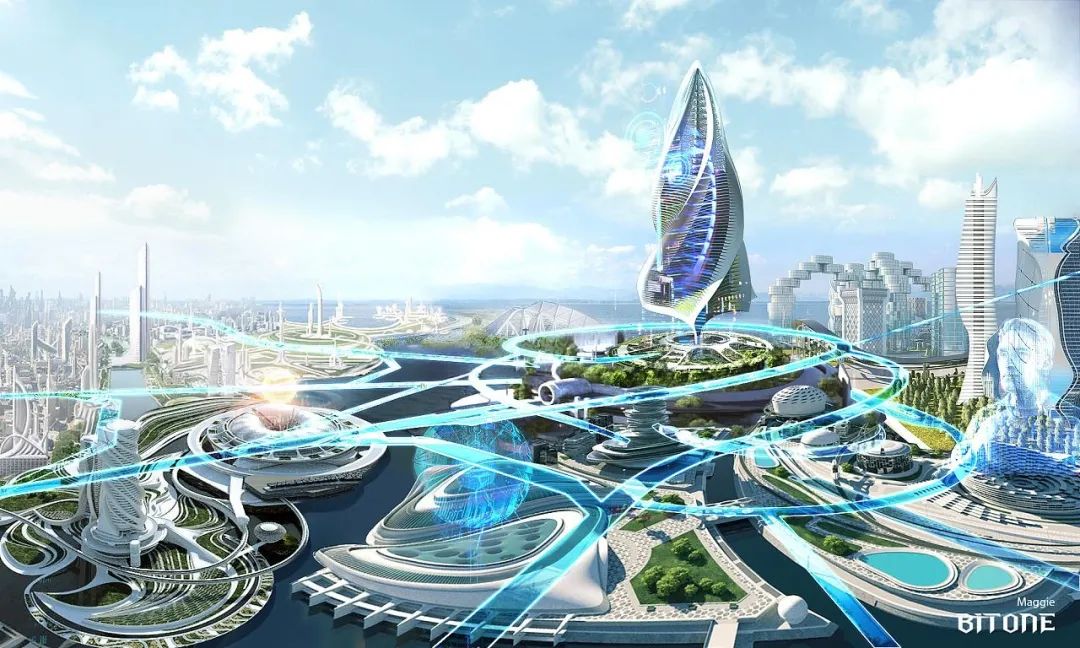
Future material civilization in sci-fi imagination
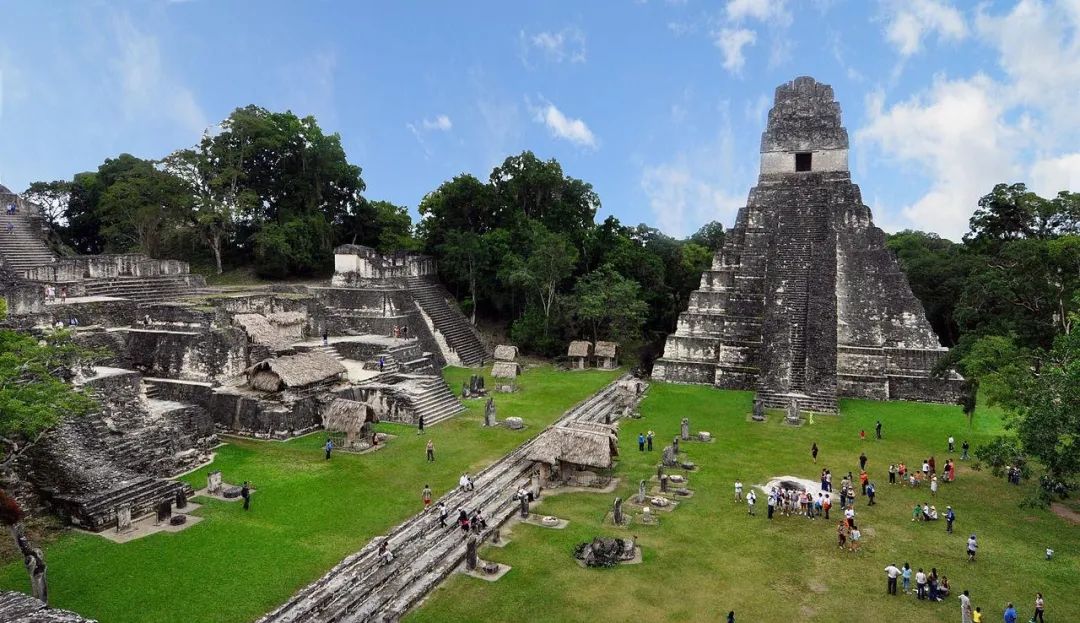
Ancient Indian Civilization: The Mayan Civilization
2. Civilization corresponds to barbarism, and civilization is a state of progress from barbarism.
There is a saying that civilization is the humanization of nature, society and even man himself.
This is a very interesting statement. Humanize nature to make it more beneficial to human beings, such as building a house on the wilderness; humanize society to make it more suitable for human beings, such as deterring evil with laws; humanizing people themselves It is even more interesting, it is equivalent to people stripping away their animal nature a little bit and living out a rational superego.
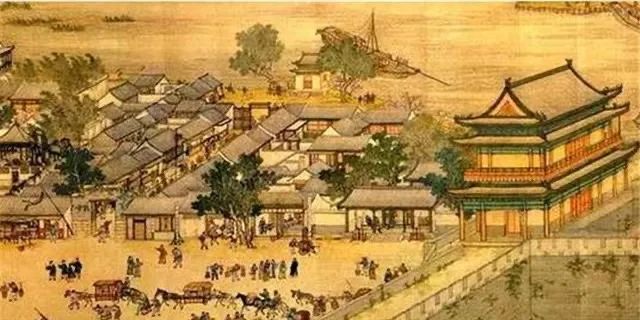
In the picture above, the towers, temples, ships, carriages, shops, goods, business, and etiquette presented in it are all civilizations and cultures.
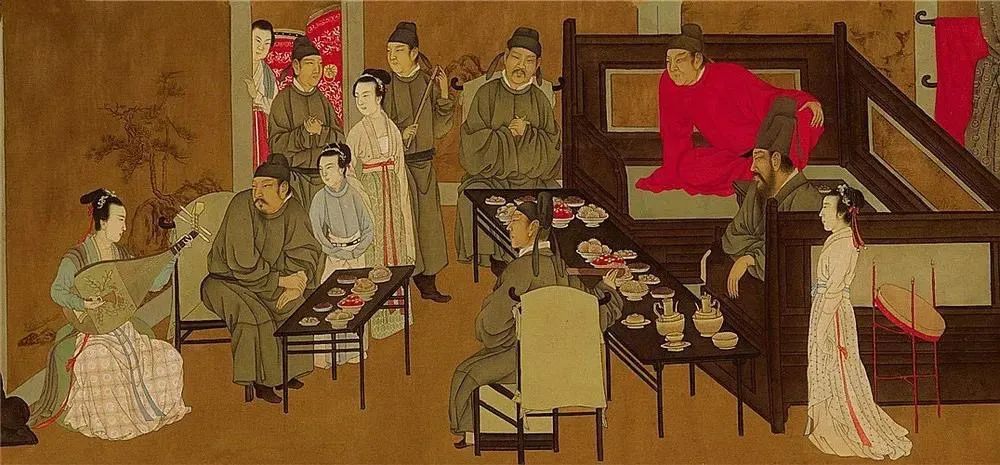
In the picture above, the utensils, furniture, tea, snacks, music, paintings, clothing, grades, masters and servants, and music are all civilized and cultural.
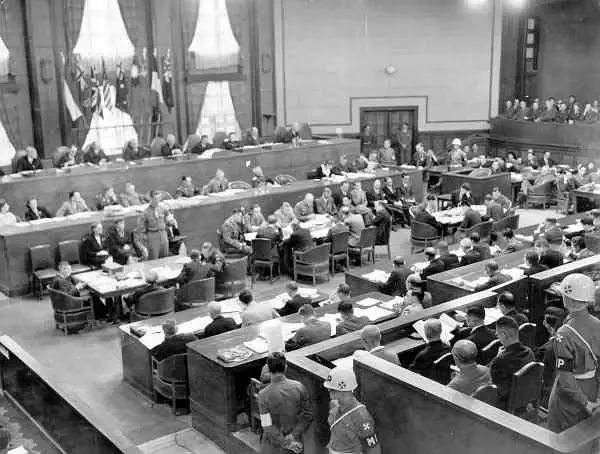
In the picture above, the court, law, order, procedure, lawyer, defense, interrogation, testimony, record, and judgment are all civilized and cultural.
Civilization is the result of people's efforts, the product of people's constant efforts to get rid of barbarism, and the wealth that people have.
Because the savage state is so uncomfortable, there is no fire, no house, no clothes, no meal after eating, no idea what to do when sick, and often threatened by wild animals and other tribes.
So people invented all kinds of things, just to make life more comfortable, whether it is material or spiritual, such as making fire, air conditioning, such as democracy and legal system, these creations have formed civilization.
Of course, although we already have the most civilized civilization in history, it is still far from the civilization we expect, at least far from the communist civilization envisioned by Marx.
3. The essence of culture is values.
Culture can be used in countries, regions or city-states, such as "Russian culture", "Sanxingdui culture", "Maya culture";
It can be used in specialized fields, such as "Buddhist culture", "Tea culture", "Internet culture", "Secondary culture";
It can also be used in some organizations or communities, such as "corporate culture", "hippie culture", "engineer culture";
What is the common essence of these cultures? The essence is their understanding of the world and their value judgments, and using these to guide their behavior and build their world.
They use wisdom, experience and lessons to learn the values, through immersion, advocacy and demonstration, or forceful implementation, and finally become the collective understanding of this community, and pass on these concepts and habits to newcomers.
比如儒家文化,其精髓价值观是:“仁义礼智信”,反对“过”与“不及”,崇尚“中庸”,崇尚和谐。
比如华为的企业文化,其精髓价值观是:“以客户为中心,有奋斗者为本,长期艰苦奋斗,坚持自我批判。”Talking about culture and civilization in human words
Now, in human words, what is culture and what is civilization.
Culture is some people's conception, practice and creation of life and things.
创造这个词稍微有点大,这里解释一下,创造其实就是创作、作品、输出、产出,差不多就这个意思,比如高楼大厦是创造,文学作品是创造,飞机大炮是创造,良田万顷是创造,诗歌舞蹈是创造,生活器物是创造,服饰发型是创造。Let me explain why ideas, practices, and creations make up culture.
比如,茶文化包括茶道、茶德、茶精神、茶书、茶具、茶诗、茶画、茶学、茶故事、茶艺等等,就是那些爱茶的人,对茶的观念(茶德、茶精神)、做法(茶道、茶艺),以及所创造的东西(茶书、茶具、茶诗、茶画、茶故事)。
再比如,基督教文化,就是信仰基督教的人,对生活的观念(包括基督教的世界观、人生观、道德观、价值观等等)、做法(主要是基督教的礼仪、禁忌、日常准则、教会组织、社会生活等),以及创造出来的东西(如教堂、图书、法典、故事、雕塑、音乐、绘画等)。Civilization, that is, commendable culture, is generally used in large areas.
比如说西方文明,东方文明,华夏文明、人类文明、工业文明、生态文明等等,都是比较大的范畴。
比如咖啡文化就不能说咖啡文明,公司文化也不能叫公司文明。Civilization is essentially a culture, and it is also made up of ideas, practices, and creations.
比如说华夏文明,就是说生活在华夏土地的人们,产生了什么值得称道和流传的思想、理念,他们有哪些行为方式,有哪些喜好和禁忌,有哪些技术和发明,建成了什么建筑、雕塑,流传下什么书,什么画,什么歌曲、什么舞蹈。Culture and Personality
Mr. Yu Qiuyu's definition of culture is very good: "Culture is a spiritual value and way of life that becomes a habit, and its final result is a collective personality."
But the "personality" introduced in this definition is a big word. What is a personality?
Personality, in a narrow sense, is a person's morality and dignity.
For example, when we say insulting personality, that is insulting and destroying the dignity of others.
For example, when we say that the personality is low, it means that a person has low morality.
Personality, broadly speaking, includes a person's character, psychology, cultivation, cognition, motivation, behavior, and interpersonal relationships. A person's personality will be reflected in various aspects, such as his goals, his understanding of the world, the way he speaks, his attitude towards people, his likes, his dislikes, his worries, his self-esteem, His temper, what he said, what he wrote, what he did, what he ate, what he spat out.
For example, charisma means that a person is attractive in terms of character, temperament, ability, morality, etc.
For example, personality independence means that a person can think independently, has his own ideological system and moral standards, and can act according to his own will.
For example, a personality defect means that a person has a very serious personality defect, which is obviously different from ordinary people in terms of cognition, emotional response, interpersonal relationship, and impulse control, and causes trouble to himself or others. Such as inferiority complex, depression, cowardice, withdrawn, conceited, hostile, irritable, obsessive, delusional, perverse, etc.
A healthy personality refers to a person's mental health, harmony, and no major problems.
Personality, in fact, is a person's ideas, practices and creations, to put it bluntly, it is his culture. The essence of personality is still values.
It's just customary, just as "civilization" is not used for companies, "culture" is not used for individuals.
Therefore, culture is collective personality, and personality is individual culture.
cultured and civilized people
Sometimes we say that a person is literate, but not literate. In fact, we mean whether the person has a good personality or not. More importantly, it means whether the person has ideas, morality, and self-cultivation.
Writer Liang Xiaosheng summed it up well, culture (people) is: self-cultivation rooted in the heart; self-consciousness without reminders; freedom based on constraints; kindness for the sake of others.
What do civilized people say? In fact, it is also a cultural person.
Especially when one comes out of a savage state of progress.
I think a literate person refers more to a person who is "civilized" (hua is a verb), which means that a person is out of a barbaric state, and he respects himself, others, society, and nature.
Text|Wei Jianvan